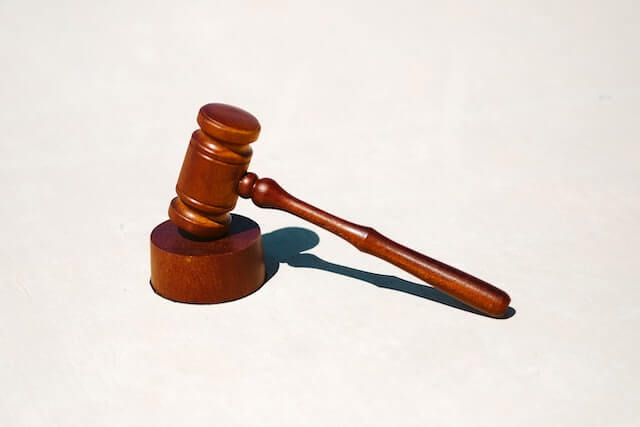Alright, let’s talk about constitutional law in the USA—because, honestly, it’s way more relevant to everyday life than people think. It’s basically the rulebook for how a country operates, covering everything from government powers to individual rights. And the wild part? It’s not set in stone. It evolves, gets challenged, and sometimes, completely redefined by courts.
What Even Is Constitutional Law?
At its core, constitutional law is what defines the structure of a government and lays out the rights of its people. If you’ve ever wondered why the government can (or can’t) do certain things—like regulate free speech or enforce certain laws—this is where it all starts. In the U.S., the Constitution has been around since 1788, and it’s been amended 27 times, which might sound like a lot, but in reality, it’s the court decisions interpreting it that really shape how it works day-to-day.
For example, the First Amendment guarantees free speech, but what does that actually mean? Can you say anything without consequences? Not quite. Courts have had to step in and draw lines, like in cases where speech incites violence or spreads misinformation.

The Constitution is Kinda Like Software Updates
People love to call the Constitution a “living document,” and they’re not wrong. Laws and societal norms shift over time, and the Constitution has to keep up. Think about how it was written in the 18th century—no internet, no AI, no social media. Fast forward to today, and suddenly we’ve got debates over whether the government can track your location via your phone without a warrant (spoiler: they usually need one, thanks to the Supreme Court’s ruling in Carpenter v. United States).
Power Struggles: The Separation of Powers
One of the most fascinating things about constitutional law is how it splits power between branches of government. In theory, no one should have too much control. But in reality? There’s always a push and pull. Congress passes laws, the President can veto them, and the courts can step in and say, “Yeah, no, that’s unconstitutional.”
A classic example? When President Truman tried to take over steel mills during the Korean War to prevent strikes. The Supreme Court shut that down in Youngstown Sheet & Tube Co. v. Sawyer, saying he overstepped his power. These kinds of cases set limits on what leaders can and can’t do.
Federal vs. State Power: Who’s Really in Charge?
If you live in the U.S., you’ve probably seen situations where states and the federal government butt heads—think marijuana legalization, gun control, or even pandemic-related mandates. Federal law might say one thing, states might say another, and courts have to figure out who has the final say.
A good example of this in action is when states started legalizing weed while it remained illegal at the federal level. This has created a weird legal limbo where state-legal businesses still struggle with things like banking and taxes because federally, it’s a no-go.
Civil Liberties: What You Can and Can’t Do
This is where constitutional law gets personal. Civil liberties—like free speech, privacy, and due process—are all guaranteed, but they come with boundaries. Everyone knows about the right to remain silent (thanks, Miranda rights), but the government is always pushing the limits.
Take social media as an example. Platforms might ban certain content, and people scream “free speech,” but here’s the kicker: the First Amendment protects you from government censorship, not from getting booted off Twitter. Understanding these nuances is crucial, especially in today’s digital age.
Courts: The Real MVPs of Constitutional Law
Legislators pass laws, but it’s the courts that determine what they actually mean in practice. Some Supreme Court decisions have literally reshaped society—like Brown v. Board of Education, which ended racial segregation in schools.
Even today, courts are dealing with huge constitutional questions, from gun rights to digital privacy to whether artificial intelligence can be considered a person (yes, that’s a real debate happening).
Bottom Line: Constitutional Law In The USA
Most people think constitutional law is something only lawyers need to worry about, but it impacts everything—from how much you pay in taxes to whether you can be searched without cause. Understanding the basics can help you deal with life better, whether you’re dealing with a legal issue or just trying to understand why certain laws exist.
Got questions about constitutional law in the USA? Dive into some landmark cases on Caseway, follow current events, or just keep an eye on how laws are changing. Trust me, it’s way more interesting (and useful) than it seems.


